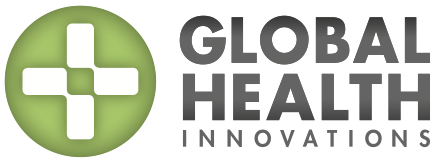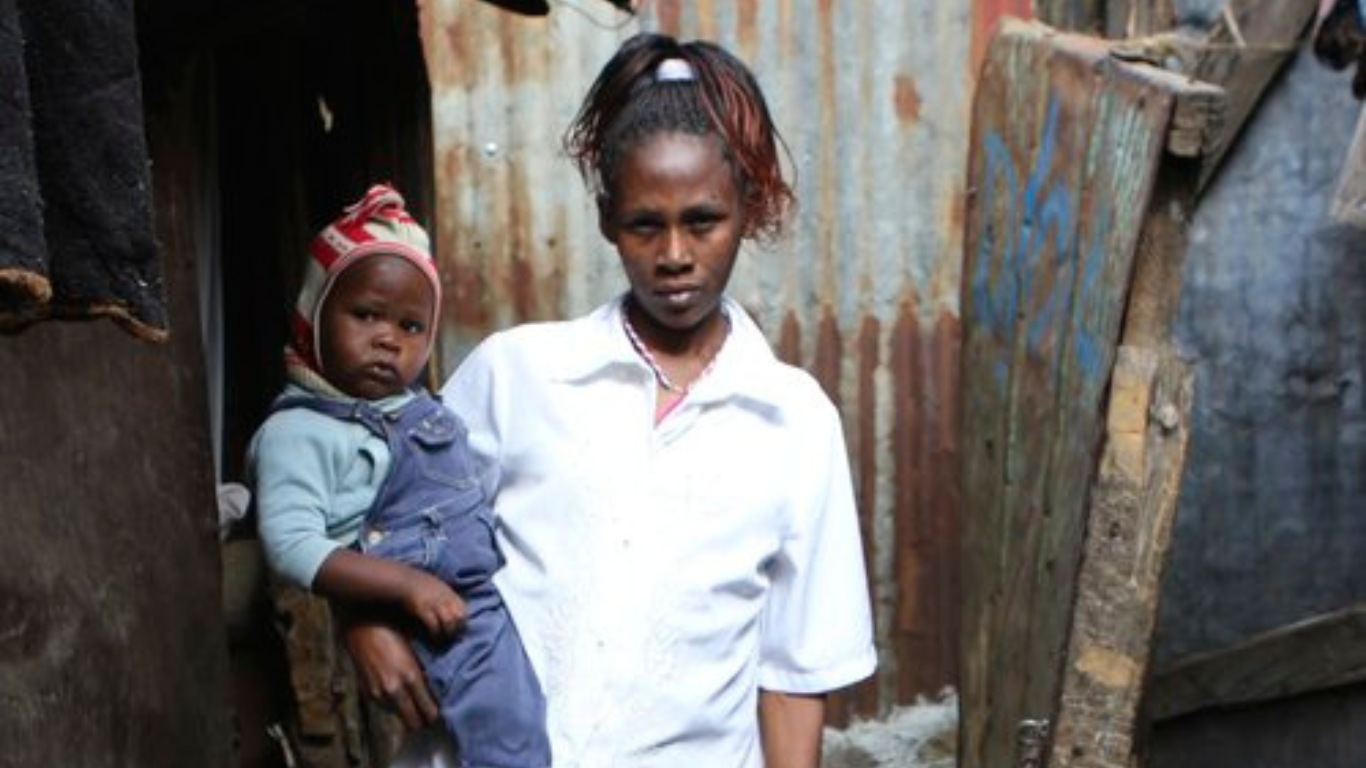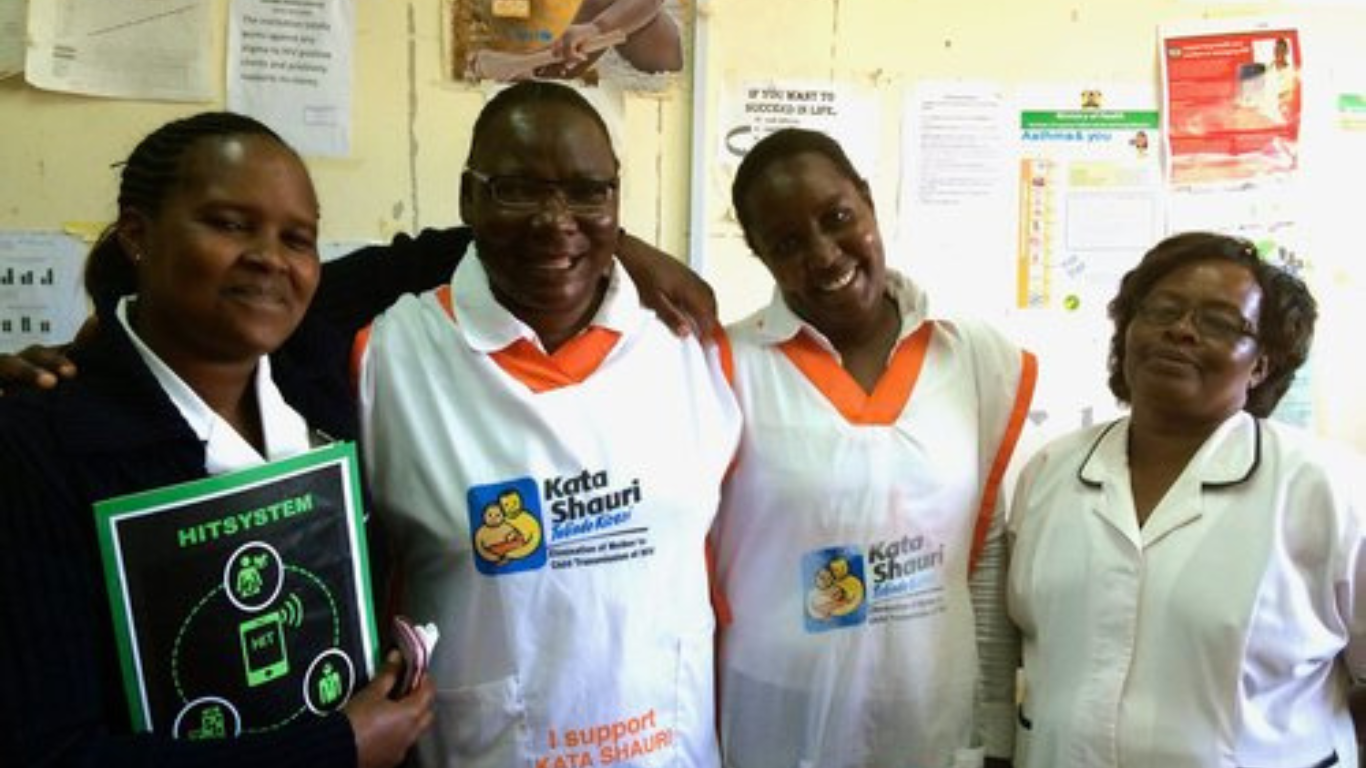GHI conducts social and clinical research, delivering high quality health care services, and building capacity of Heath care providers.
Useful Links
Contact Us
Mutoma Road, Off Mbaruk Road, Golf Course Building
P.O. Box 201-00200,
Nairobi, Kenya
Phone: +254702151300
Subscribe
© 2025. Global Health Innovations. All Rights Reserved.



